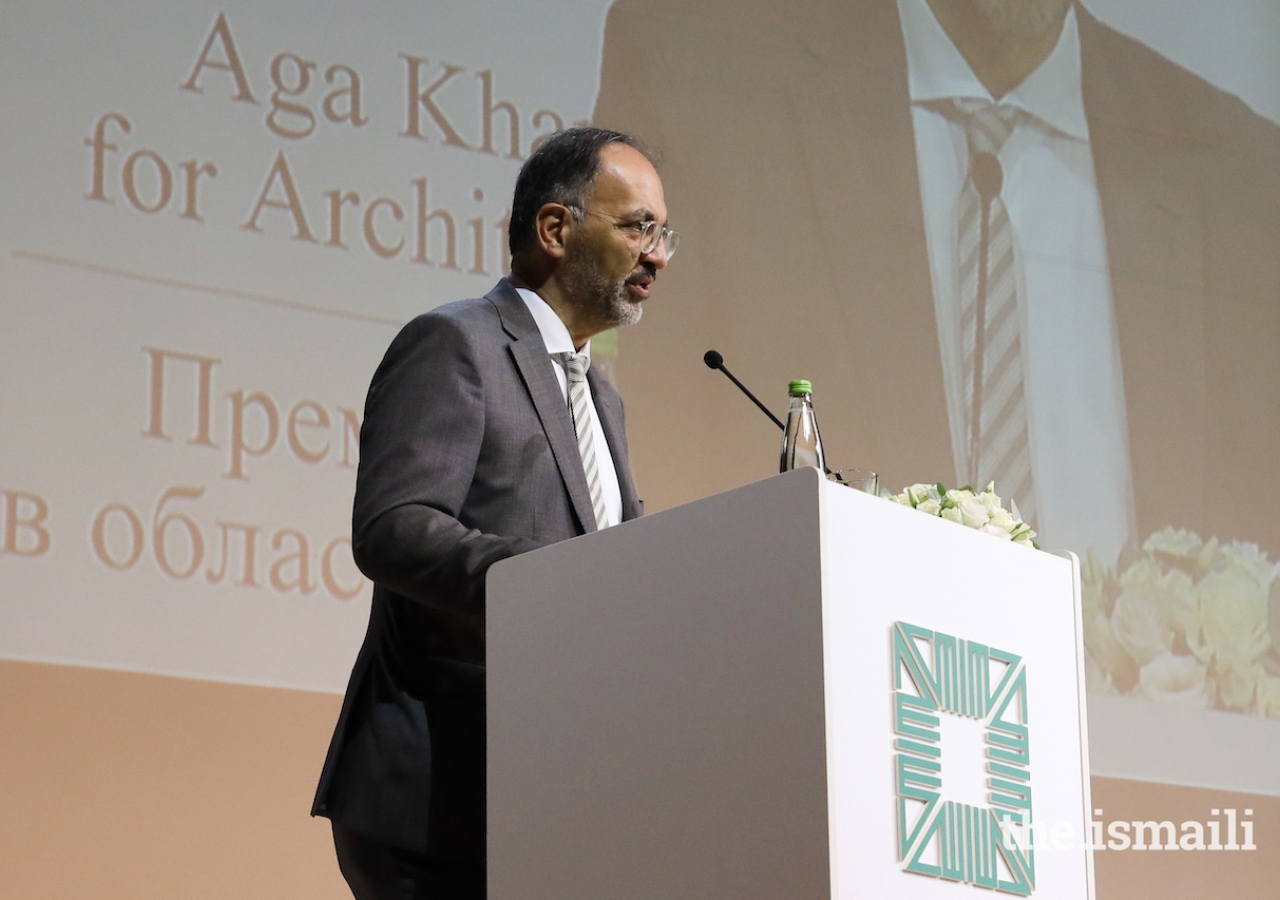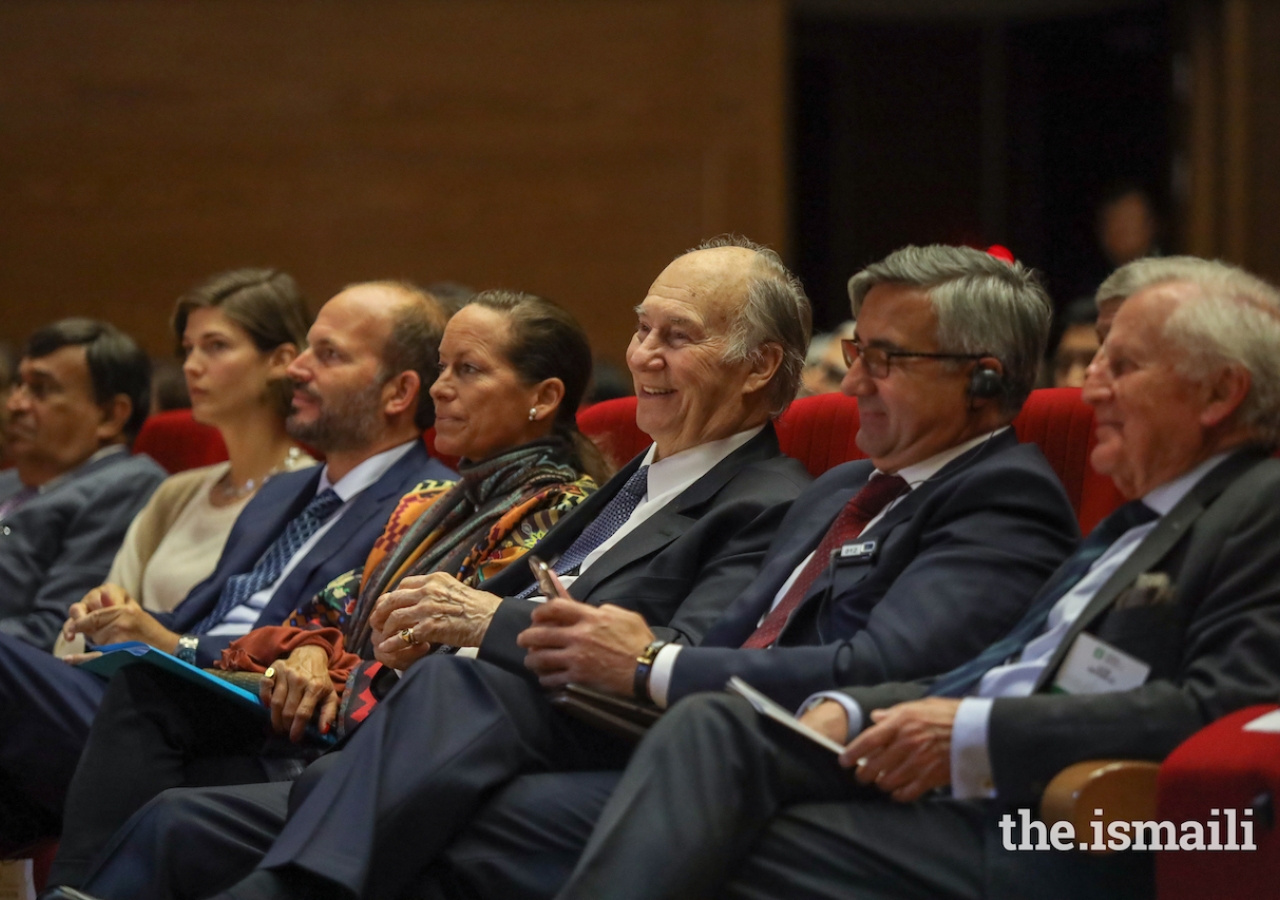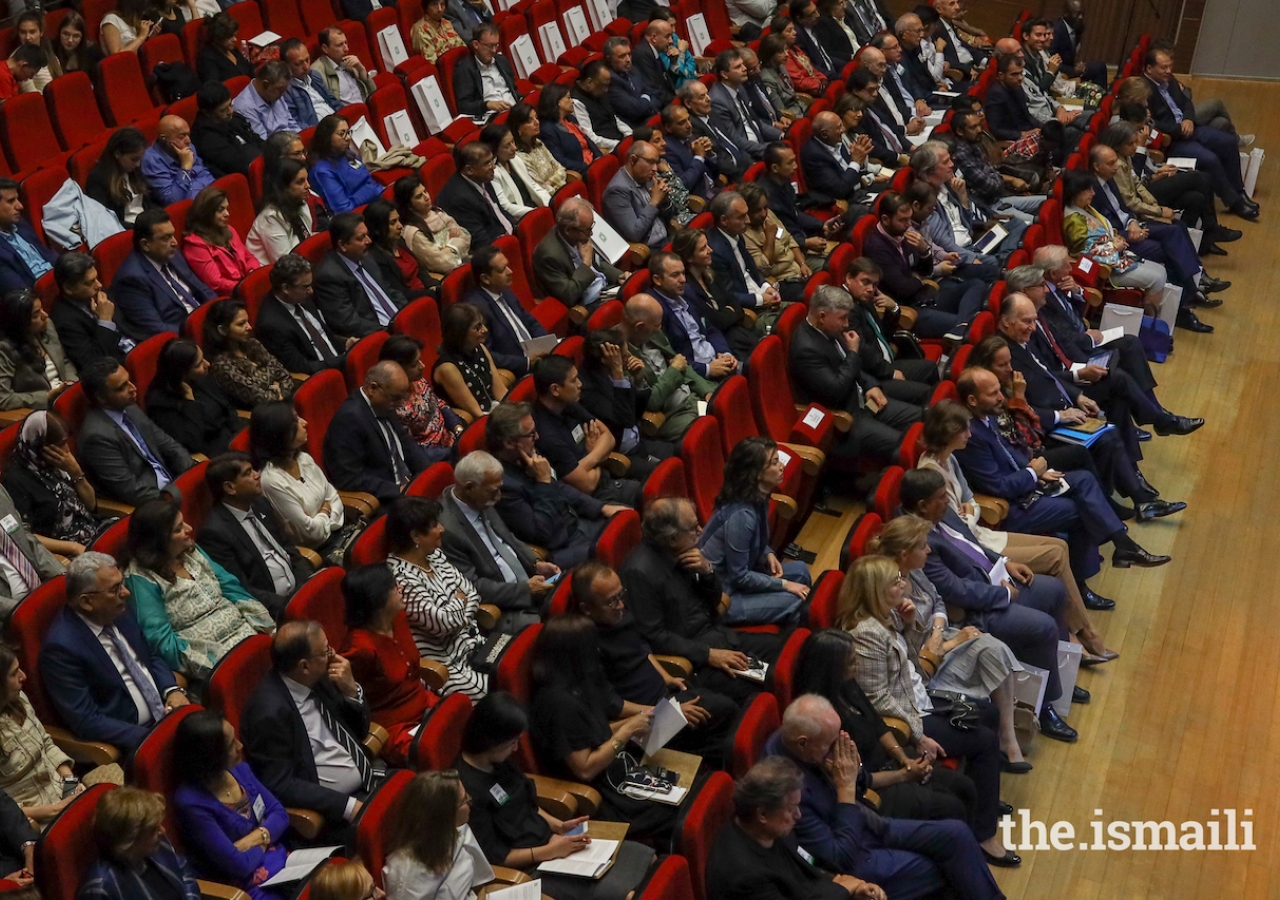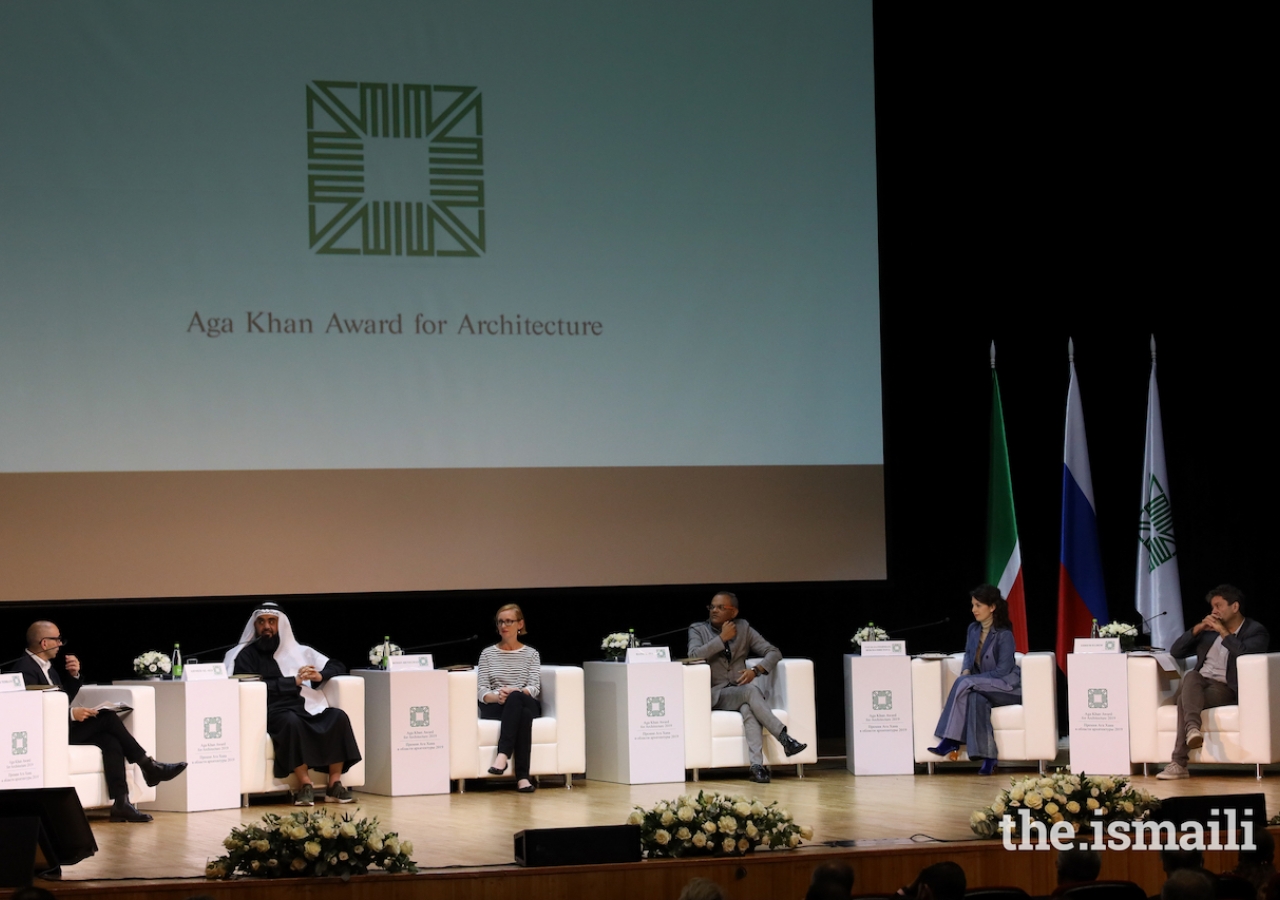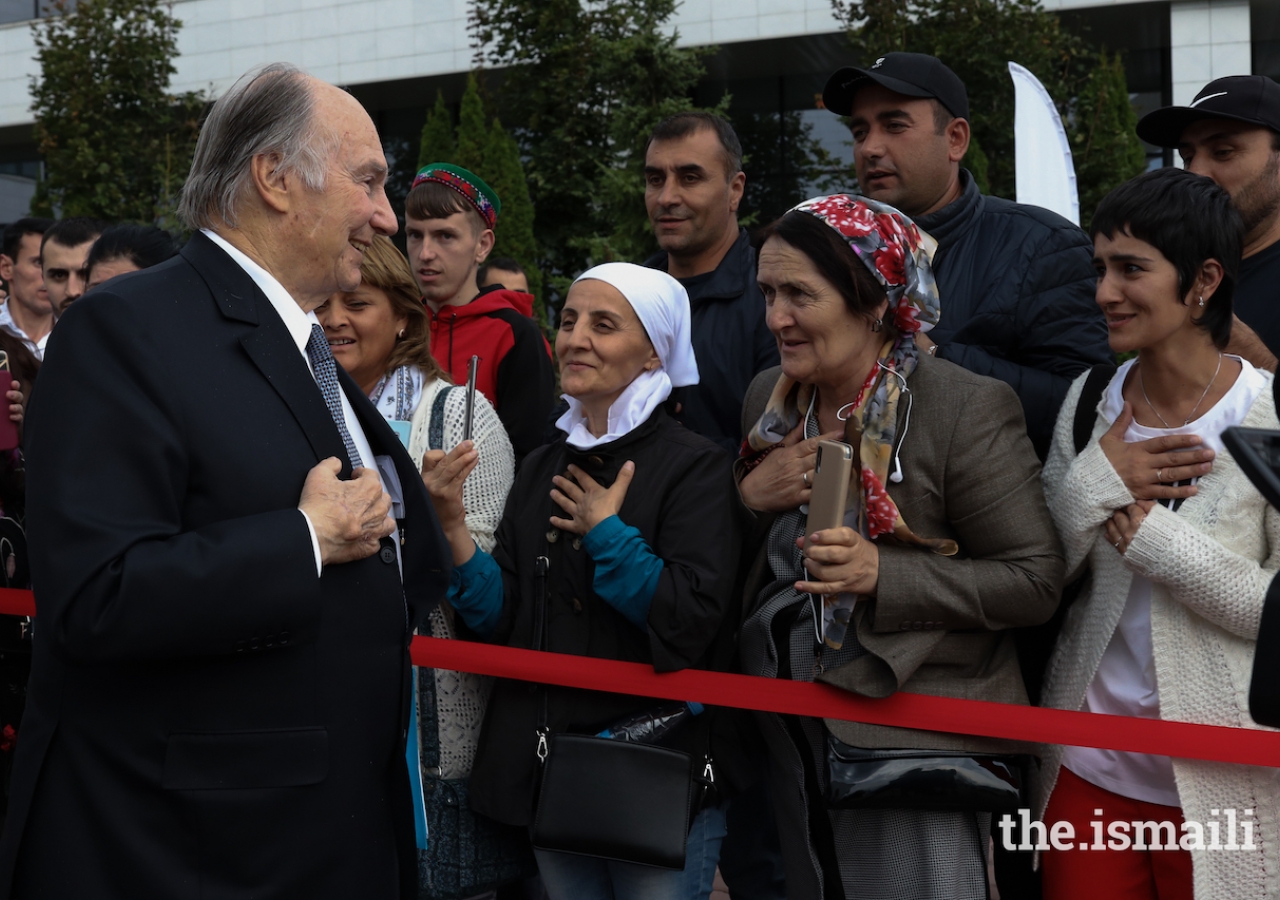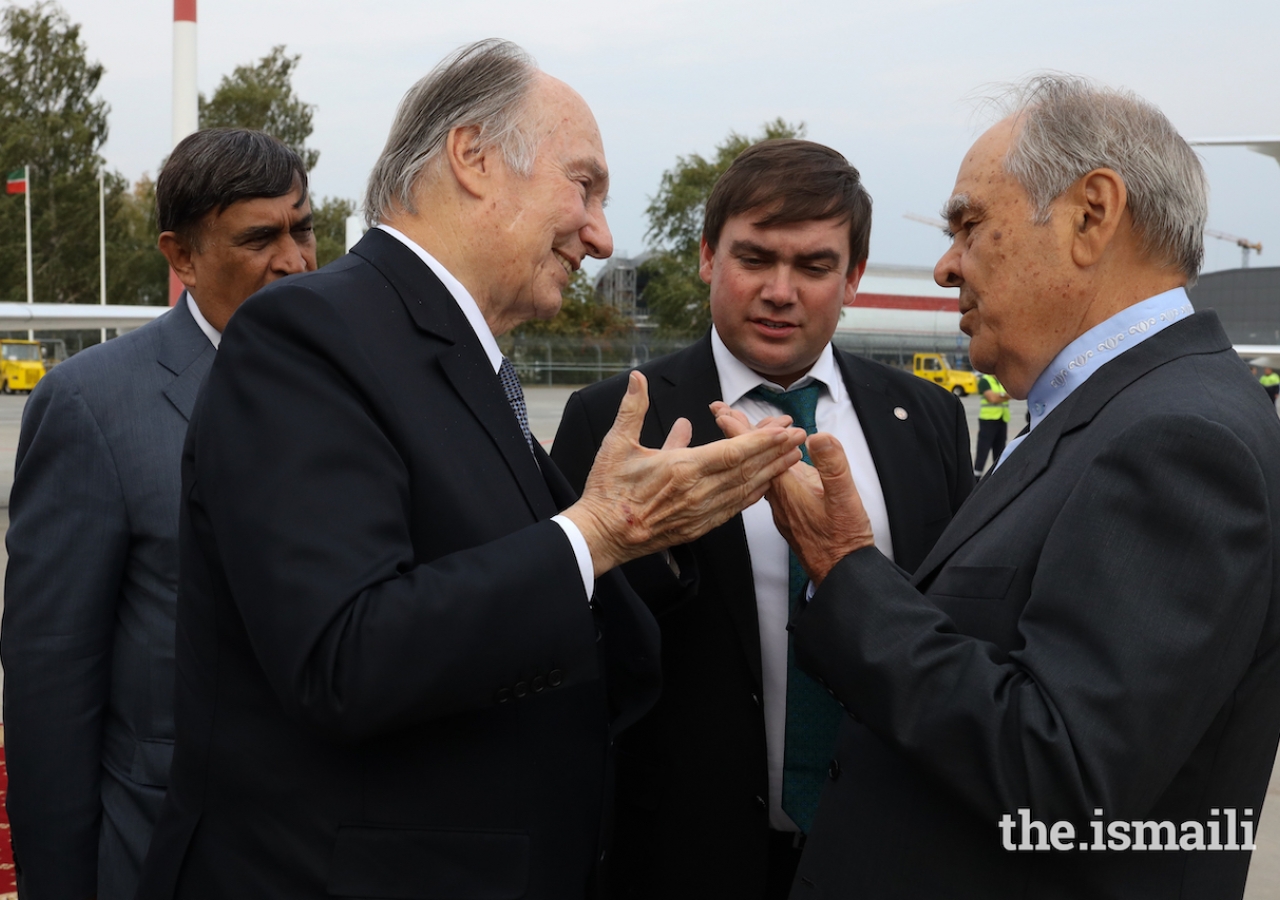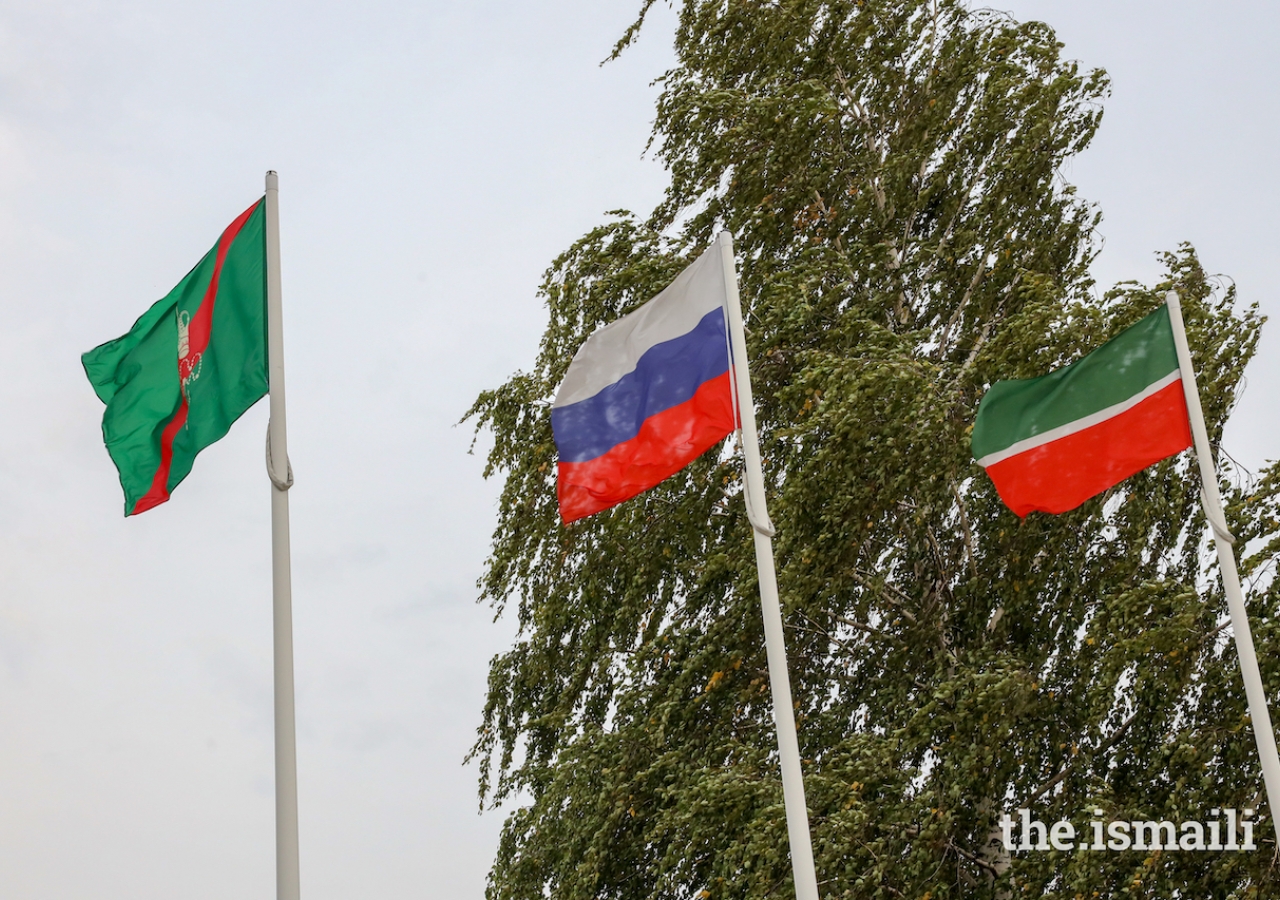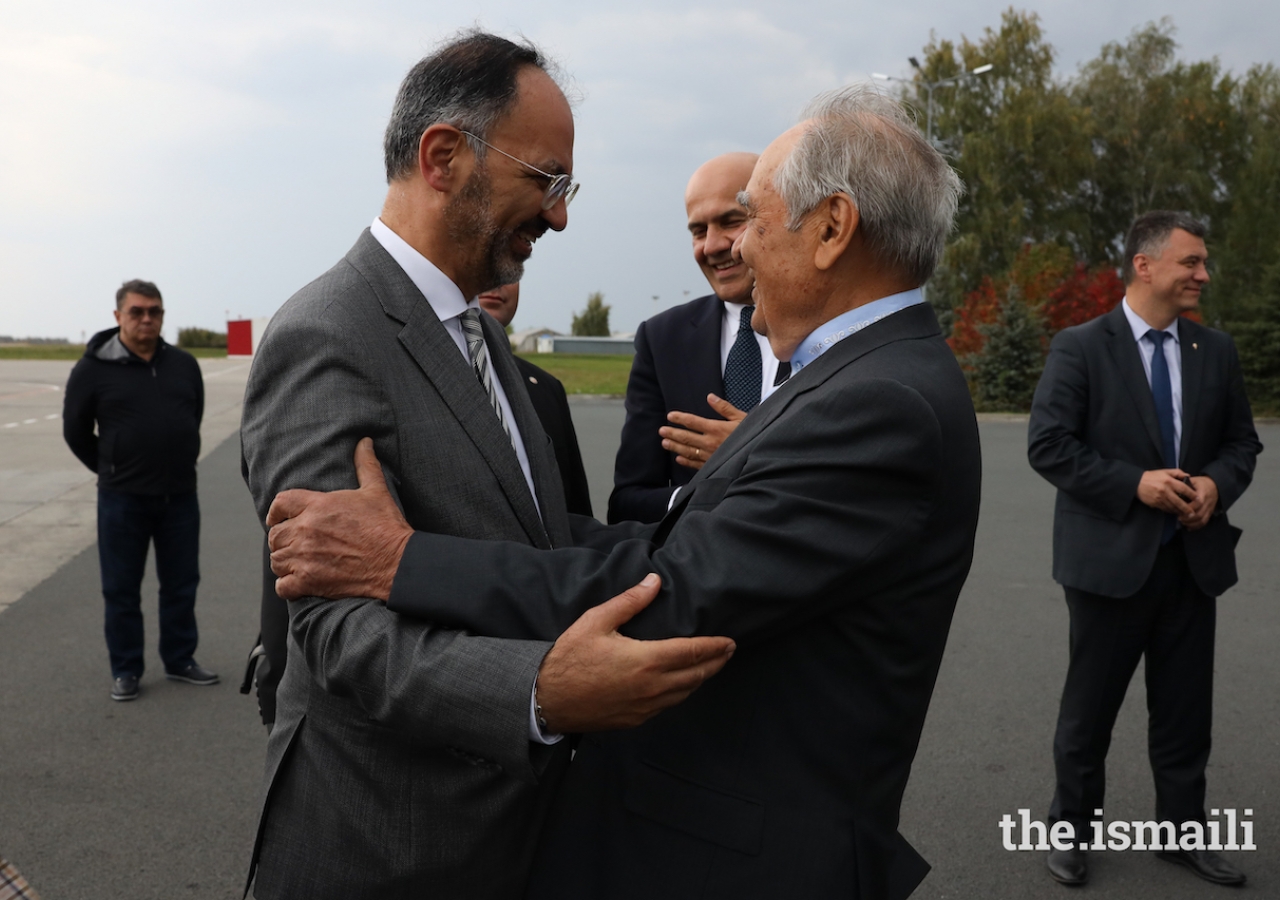The Winners’ Seminar is traditionally held after the Award Ceremony, and provides a platform for architects, clients, designers, patrons, and academics to discuss each of the Award winning projects, and the resulting positive impact on their social and natural environments respectively; along with broader trends in the field of architecture and the built environment.
This year’s six award-winning projects offer creative responses to contemporary issues such as climate change, connectivity between people, and the challenge of adapting to new contexts.
Delegates were welcomed to the event by Farrokh Derakhshani, Director of the Aga Khan Award, before a series of presentations and two panel discussions, featuring Award Winners and members of the Award’s Steering Committee and Master Jury.
In his address to guests, Steering Committee member Hanif Kara spoke of the historical value and importance of the Award, saying, “At its core, we believe that the Aga Khan Award for Architecture has taught us to recognise that progress is precious, and all progress stems from the human urge to make things that shape the world around us for a better quality of life.”
As part of a panel discussion, Master Jury member Mona Fawaz highlighted the contemporary contribution and potential legacy of the Award, saying, “What we see with these projects — and the sequence really of the Aga Khan [Award] project — is ushering another mode of being an architect: one where you really want to be relevant to the challenges of your times, and you try to do it in a way that you use the language of architecture.”
The Seminar also featured discussions around themes of environmentally harmonious design, bridging past and future, and building to serve the next generation.
Architect Ahmed Al Ali, who designed the Wasit Wetland Centre in the UAE explained, “We are here for a short period of time and each one of us is passing through this journey of life, and we have a responsibility to make sure that when we do our turn, that we really not only preserve what Allah has given us [on] this earth, but also enrich that.”
In a question and answer session during the proceedings, Mawlana Hazar Imam illustrated the social aspects and timeless nature of architecture, saying, “What seems to me to be very important is the quality of life that architecture can offer in various environments — in cities, in rural environments — and the conditions in which future generations grow up. I think a great deal about what our world is going to look like in fifty years, and how are our great-grandchildren going to be living. What are the environments that they will experience?”
“So architecture from my point of view is a vehicle, it’s an instrument for achieving goals that need to be thought through, evaluated, challenged, renewed. It’s not a single process at a single time.”
Later in the day, Mawlana Hazar Imam met with the Aga Khan Award for Architecture Steering Committee, before departing Kazan, marking the culmination of his four-day visit to Tatarstan.
Hazar Imam was greeted at the airport by State Counsellor of Tatarstan Mintimer Shaimiev and Deputy Prime Minister of Tatarstan Shaikhraziev Vasil Gayazovich, who thanked Hazar Imam for visiting the region and wished him a bon voyage.
The Aga Khan Award for Architecture 2019 cycle took place in Kazan, Tatarstan from 12-14 September. The triennial Award is one of the oldest and most prestigious prizes in the field of architecture, and over time, has had a significant impact on the way architects think about design.

